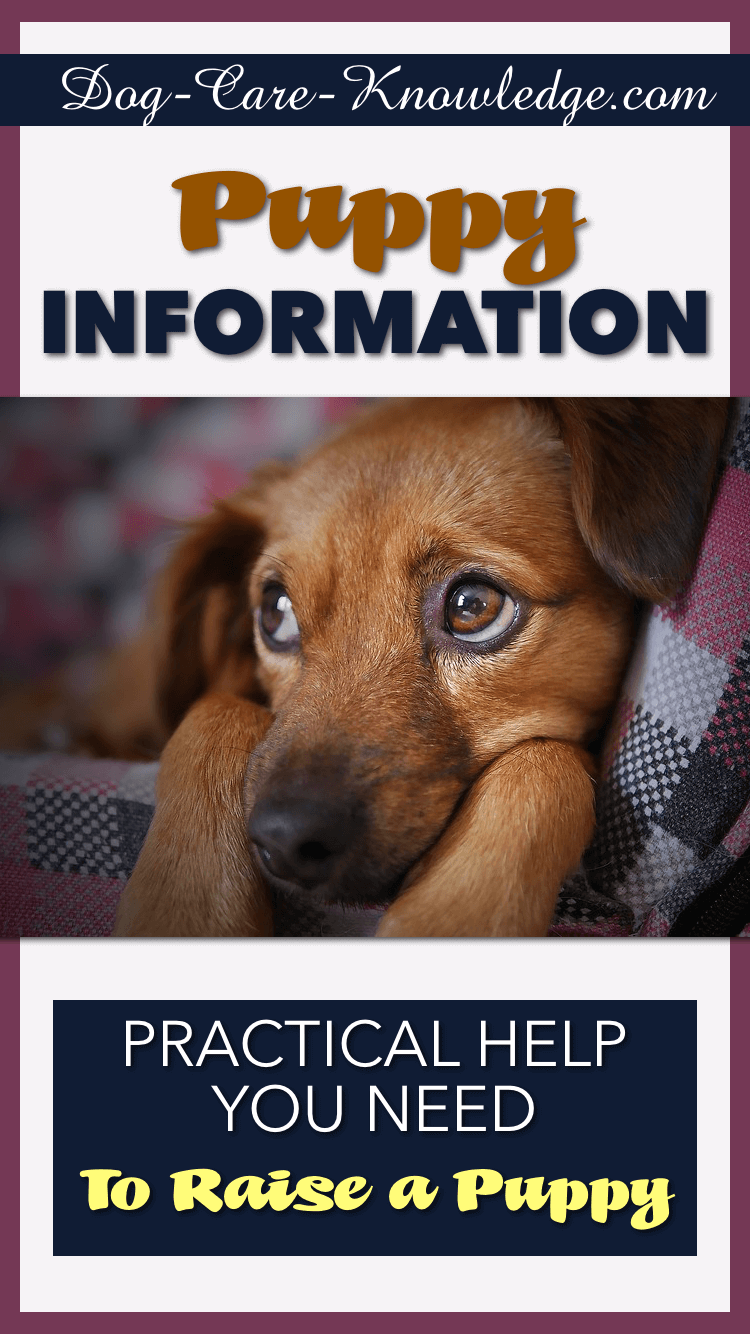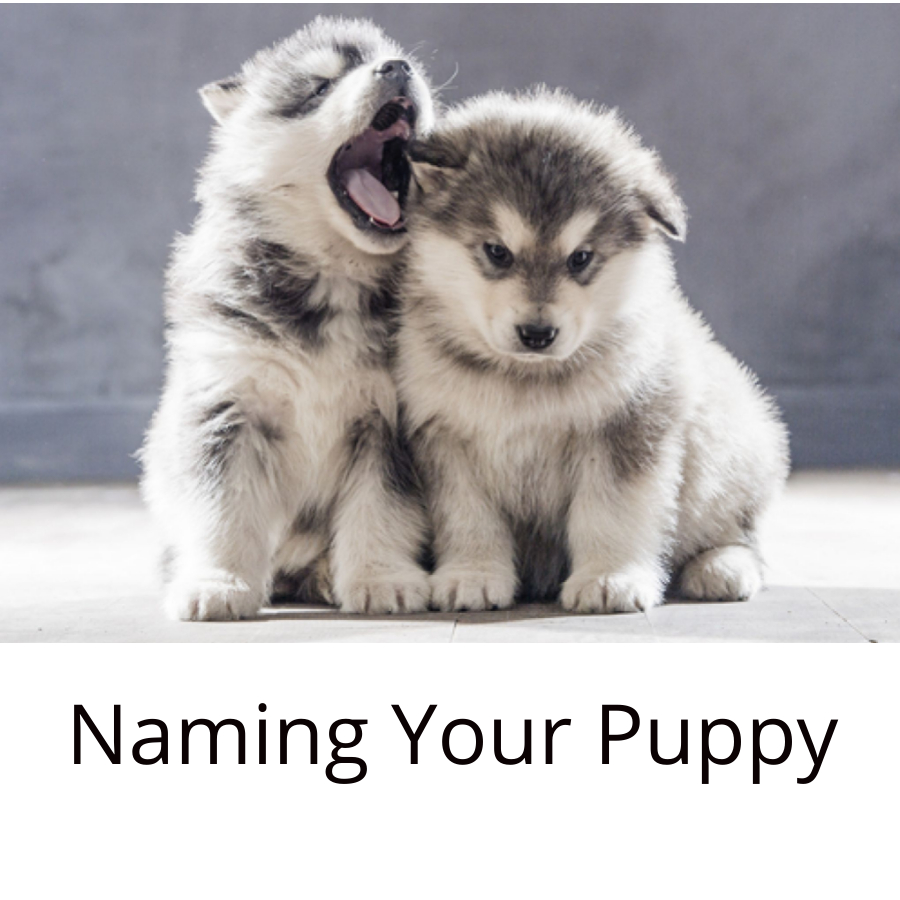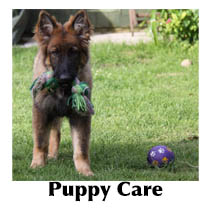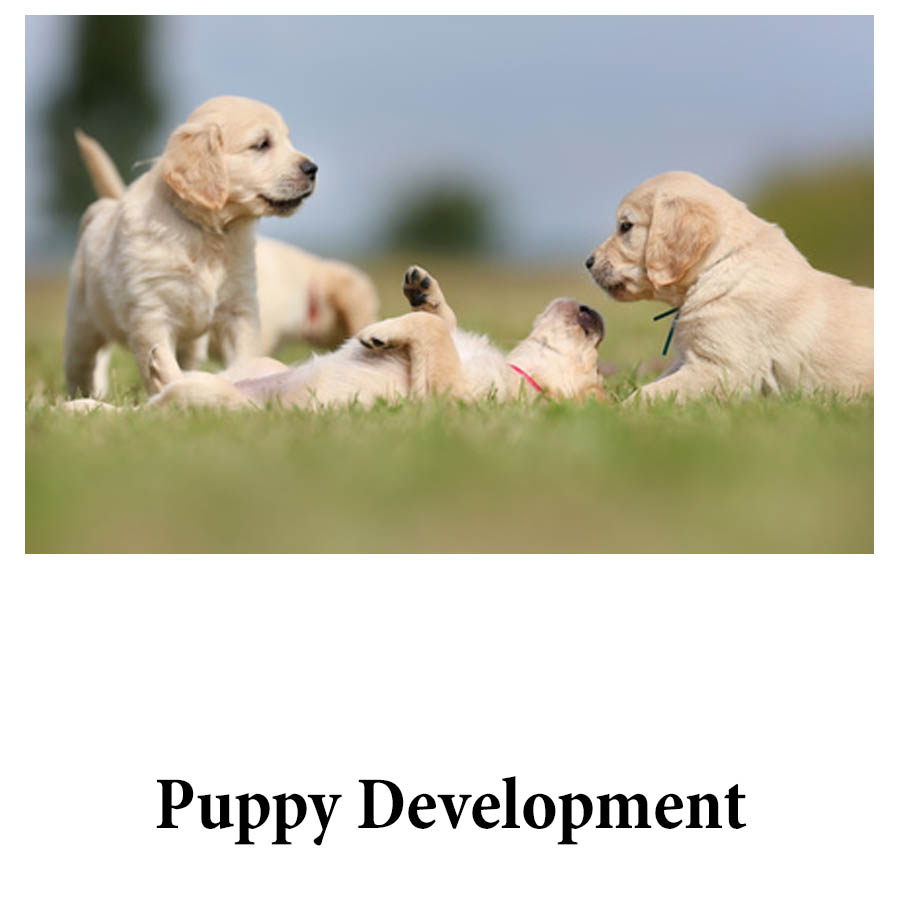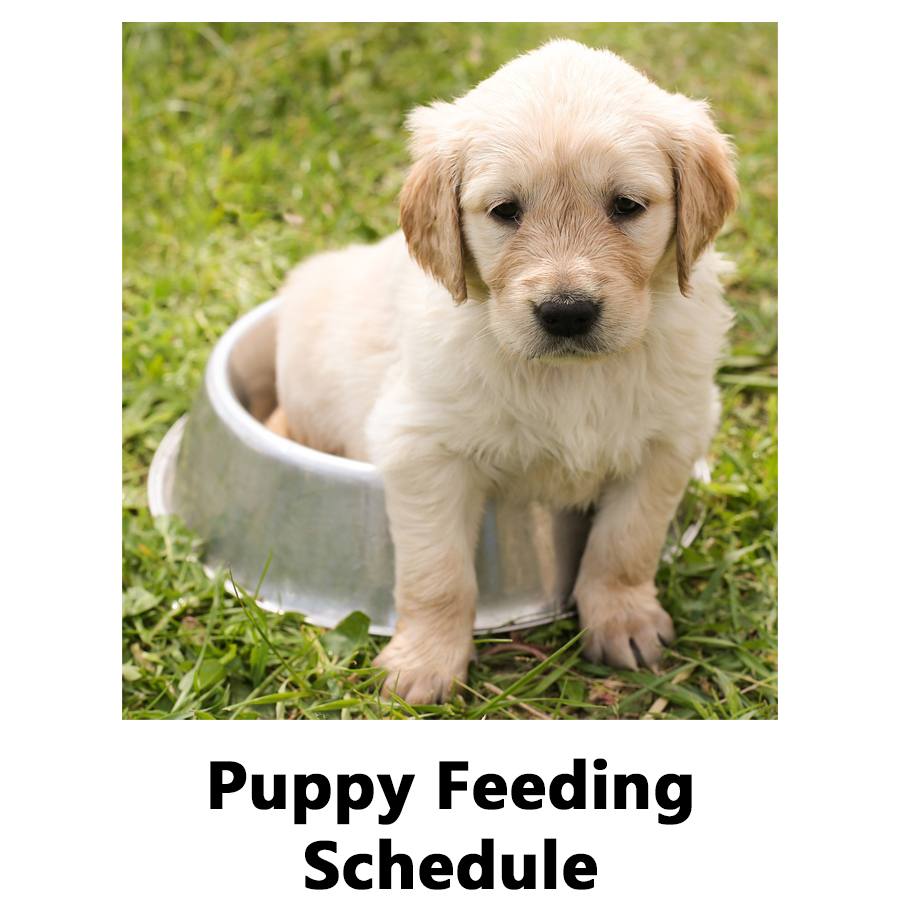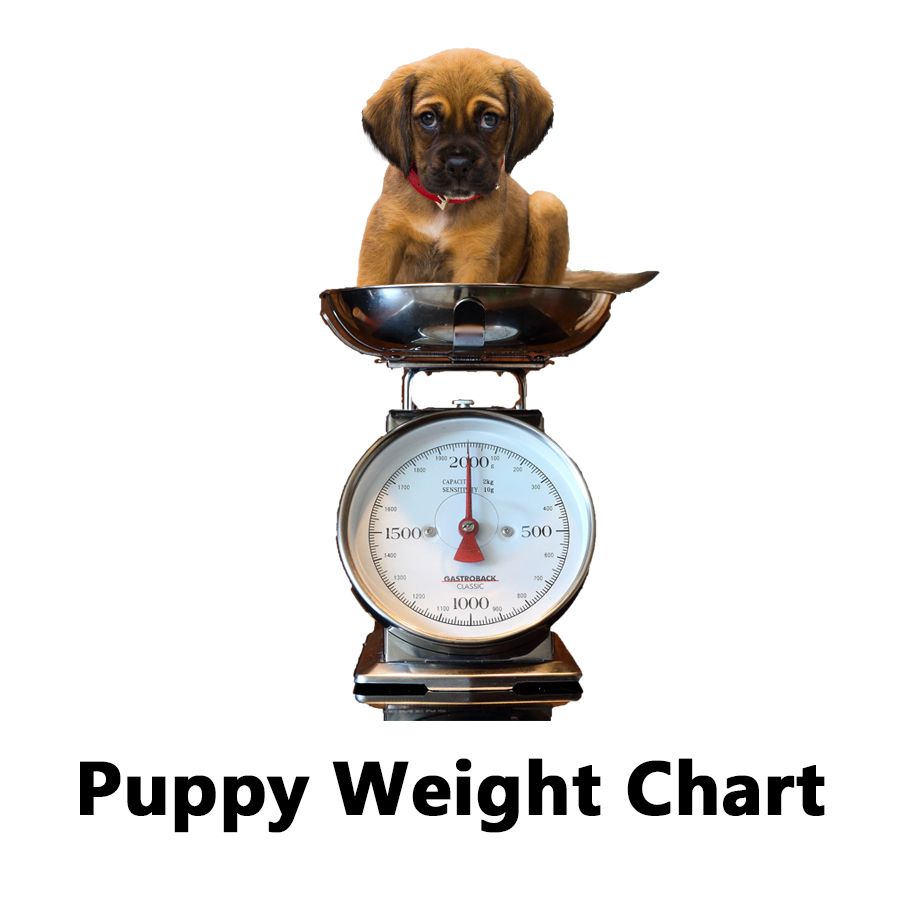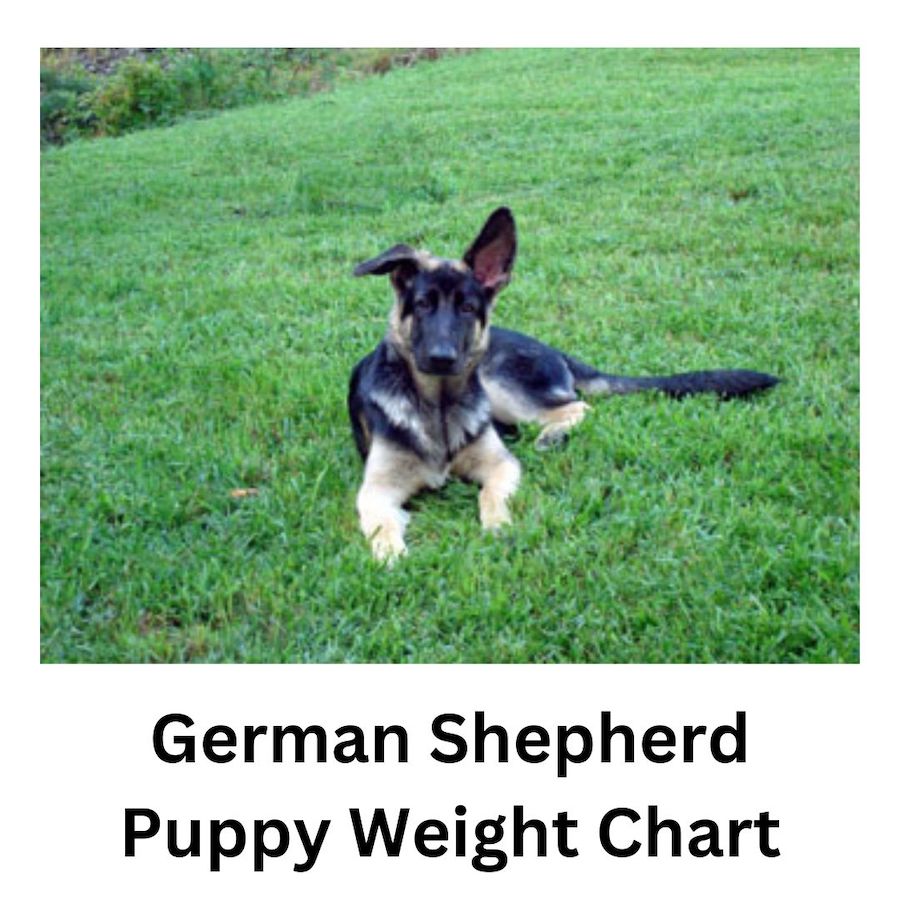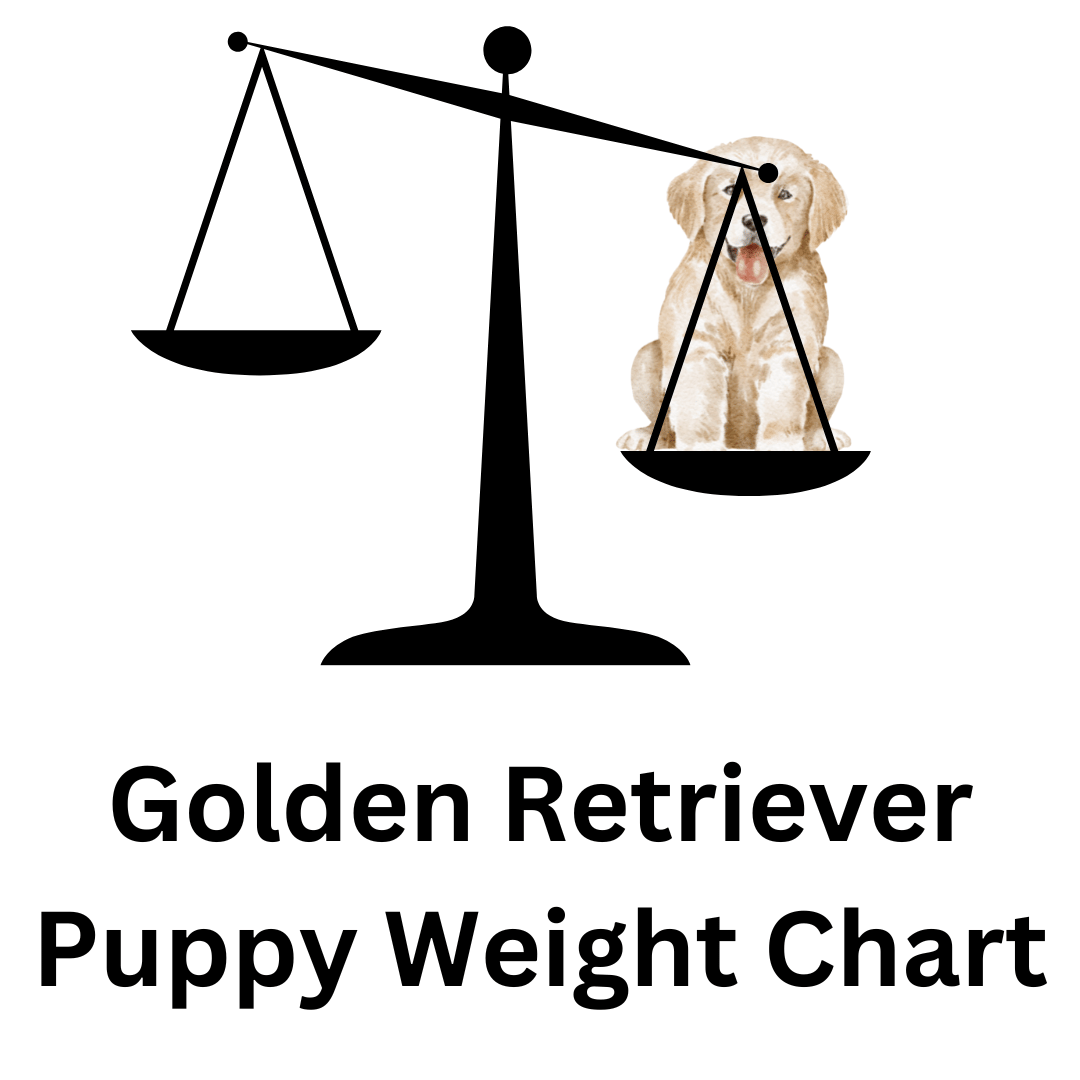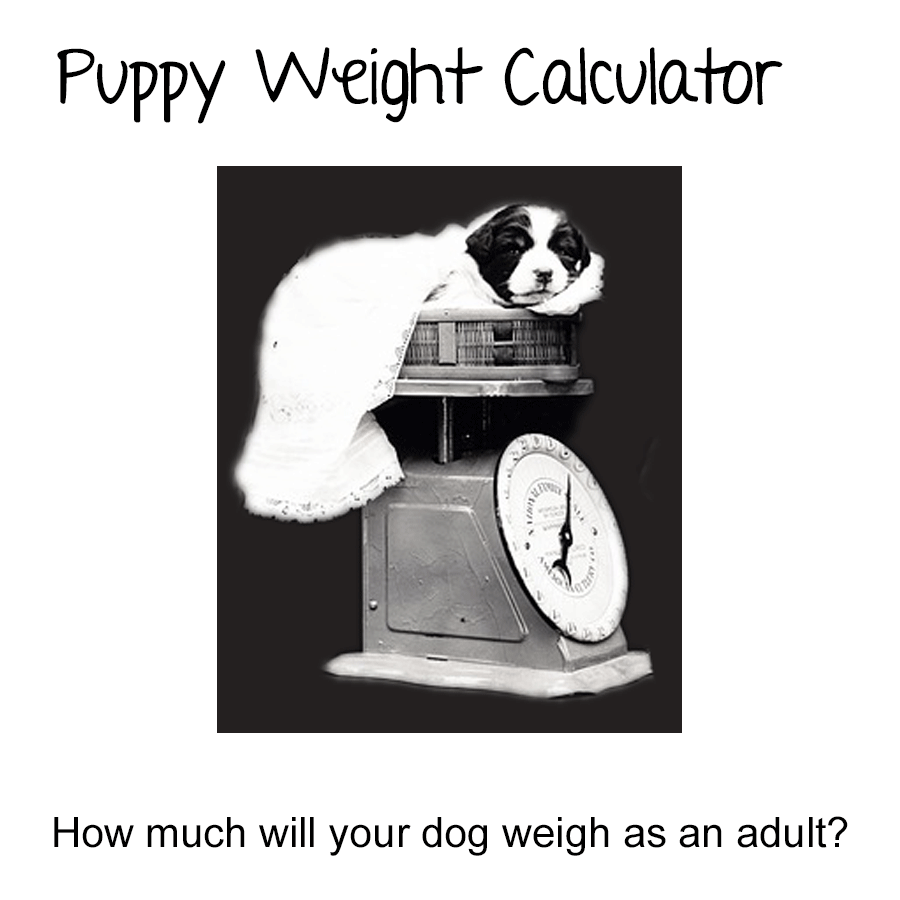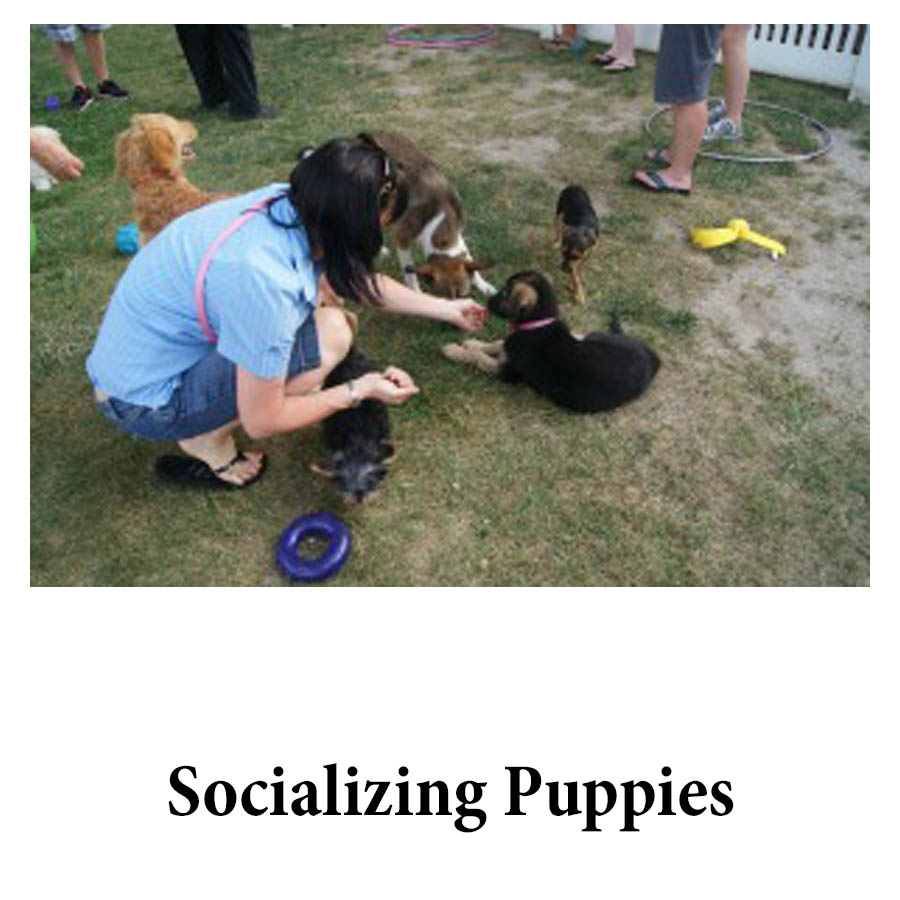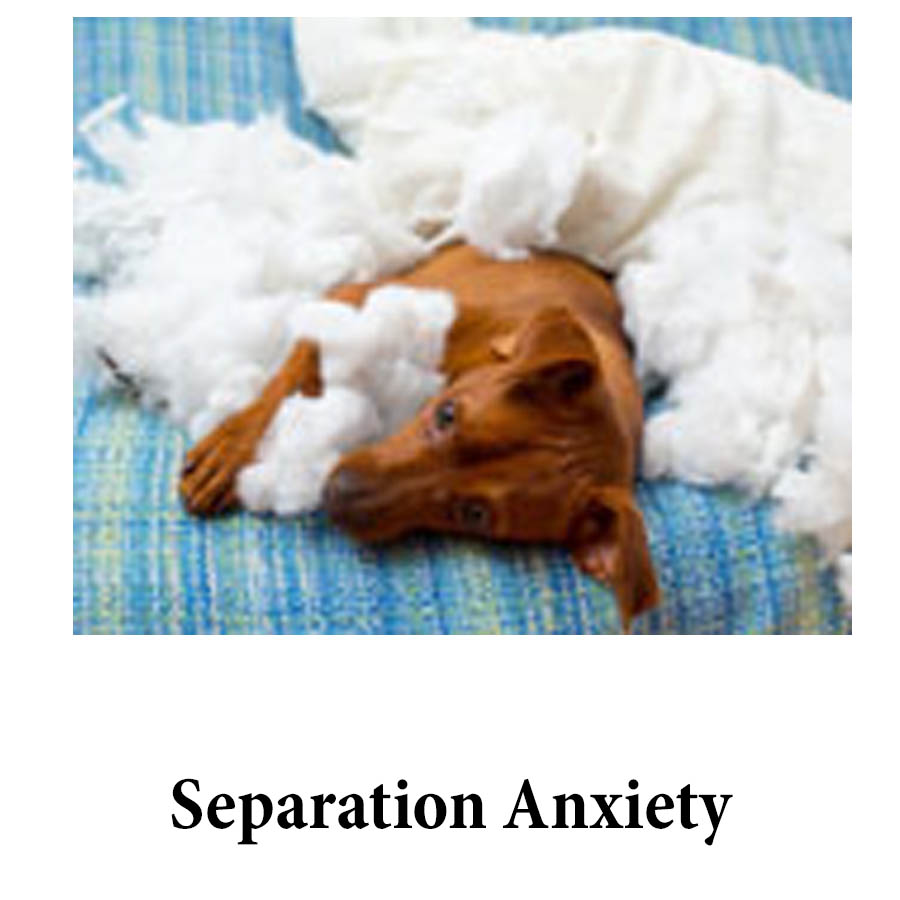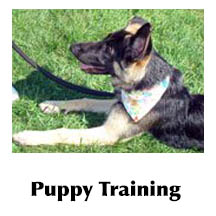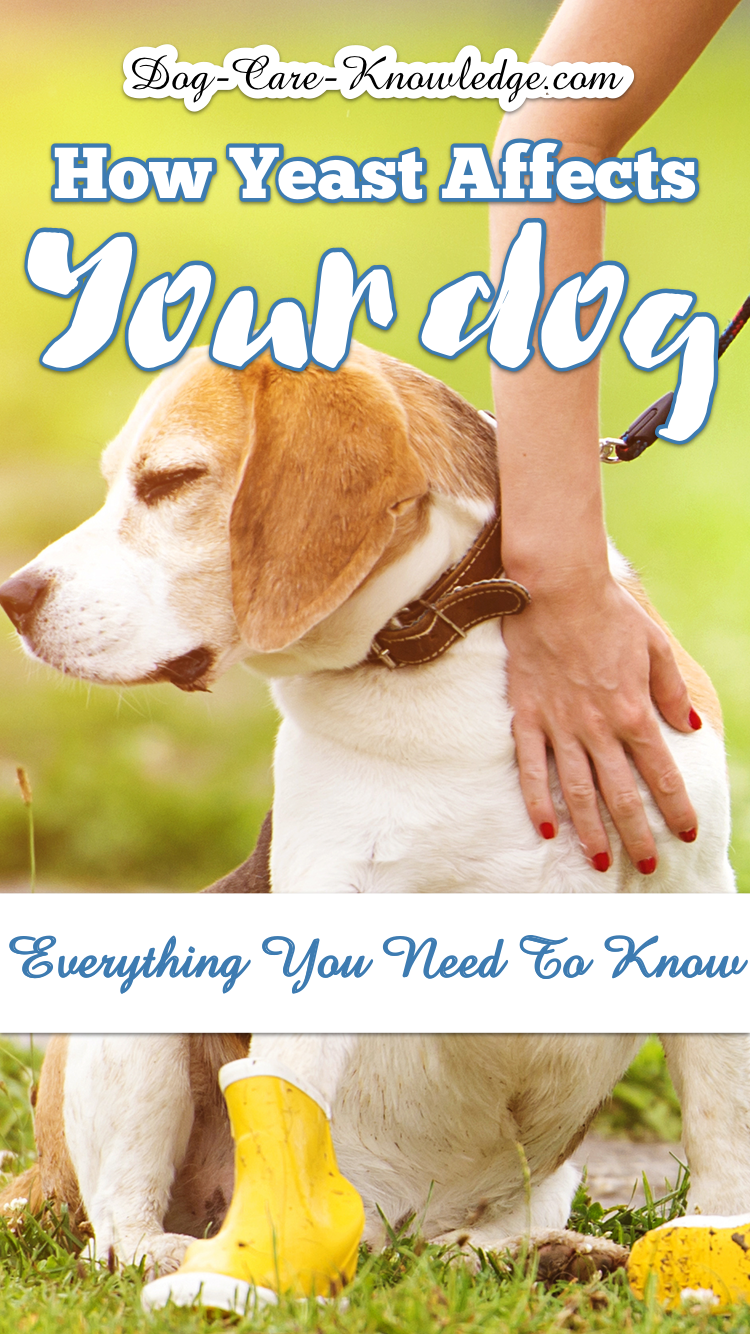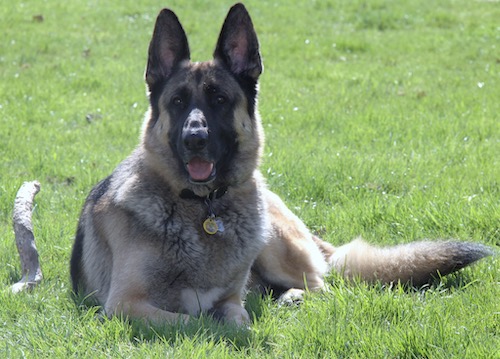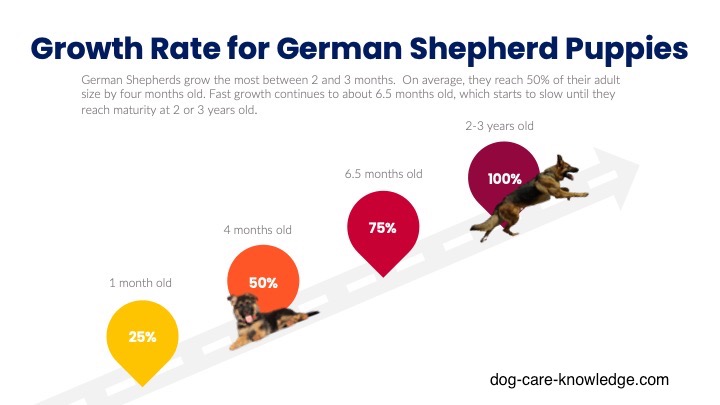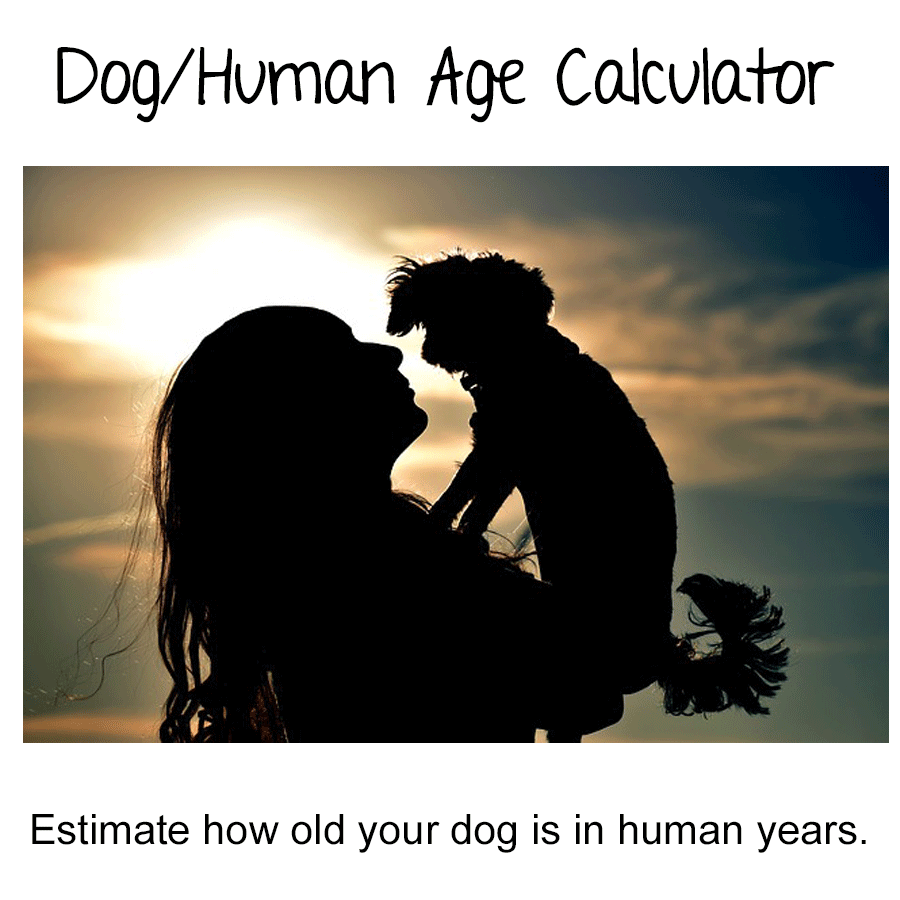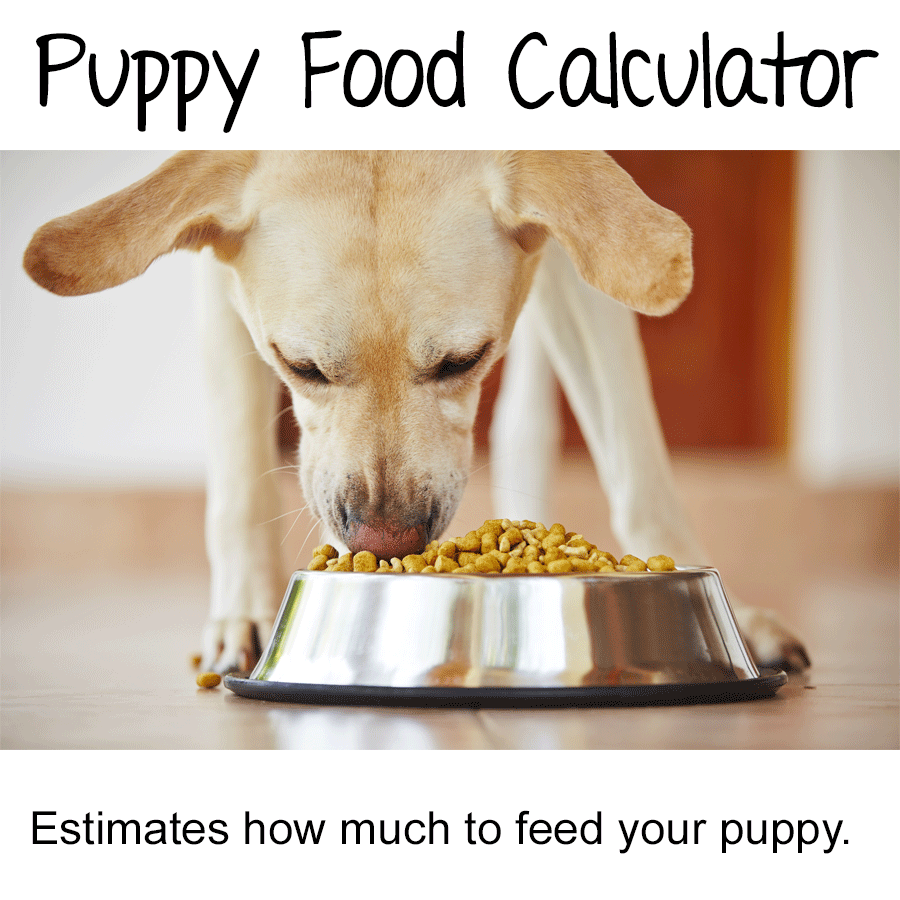- Home
- Puppy Information
Knowledgeable Puppy Information
Having access to valuable puppy information is the first-step to getting you and your pup on the right track to developing a healthy, happy, full grown dog.
Jump to....
Getting it wrong at this point may also result in the exact opposite. You could end up with an unsociable dog or one plagued with health problems.
Review each topic here for specific help on the subject and don't forget to bookmark this page to use as future reference.
After all, you can't work on everything at once!
Puppy Dog Names
Naming a puppy is an exciting and fun process! Whether you decide to choose a name based on its meaningfulness or just pick something of your liking, we have plenty of options for you.
When it comes to choosing either female or male names for your puppy, deciding on one can be quite challenging. Popular alcohol-inspired names such as Guinness and Tequila are great choices if you’re looking for something unique. Or if you want something more traditional check out our list of popular dog names.
Puppy Information for New Pup Parents
Adopting a puppy will be one of the happiest days of your life. You’ll remember this experience forever.
It’s also important to look after your pup well, to help them achieve a long and rewarding life.
But just like with humans, puppies can have their share of health problems too.
Puppy Development
Puppies go through five stages of development, from the neonatal period when they're born to the adolescent stage at 6-18 months.
Each stage brings different needs, behaviors, and specific training requirements.
To ensure you know what to do at each stage, you must get ahead by knowing what to expect.
This page shows you what to expect at each puppy development stage and what you need to do to prevent problems from occurring.
Puppy Feeding Schedule
Puppies have very different feeding schedules from adult dogs. They require more frequent meals, which changes as they grow.
It's also different for each breed size, with smaller dogs needing to be fed more often than the larger breed puppies.
Here you'll find a guide on how often to feed your puppy, when to make changes, and when to switch to adult food. You can even download and print the puppy feeding schedule.
Puppy Weight Chart
As new puppy parents we often worry that our pup is growing too quickly or not enough. And how many of us wonder what their adult weight will be?
Here's a puppy weight chart for each breed size (toy, small, medium, large and giant) so you can get an idea of how much your puppy should weigh at each age.
You'll also be able to calculate how big your adult dog will be.
German Shepherd Puppy Weight Chart
If you've recently welcomed a German shepherd puppy into your home, you're probably wondering what to expect regarding their growth and development. GSDs have specific growth spurts and grow significantly early on.
Knowing your pup's average weight and height at different ages can help you ensure that they are meeting milestones on schedule. This page will discuss a standard German shepherd puppy weight chart, which will provide an overview of the expected growth for your new pup from birth up until one year old.
Golden Retriever Puppy Weight Chart
Keeping track of your golden retriever puppy's health and growth is essential for their well-being.
With this in mind, this article will provide a helpful Golden Retriever Puppy Weight Chart to help you monitor your pup's progress as they age.
The chart will allow you to log your pet's weight over time and compare it to the average size of a golden retriever puppy at different ages.
Puppy Weight Calclator
This interative tool will calculate your puppy's adult weight based on his current age and weight. It's different from most as the formula is based on the growth rate of breed size (i.e. toy, small, medium, large, giant) to give the most accurate calculation possible.
Introducing a New Puppy
When introducing a new puppy to your existing dog (or any dog) it needs to be done properly in order for the relationship to survive.
Do it wrong, and you may have potential dog fights on your hands and in your home for years to come. Do it right, and you'll have a life-long friendship that lasts.
Follow these steps on how to introduce a new puppy to your existing dog - the right way.
Socializing Puppies
Socializing puppies is not just about bringing puppies to new and varied environments. It's important that they have a positive experience to everything they encounter.
This is what develops a confident dog and one that can handle new things.
If its not done right, or at the right time, it can result in a fearful or even aggressive dog.
Here's the correct way to socialize your puppy with a step-by-step guide.
Separation Anxiety in Puppies
Puppy separation anxiety is something that can last well into adulthood if not addressed properly. It's also something that is destructive to our lives and homes!
We all need to leave our dogs at some time or another so getting them used to being alone as puppies is key to avoiding the pain separation anxiety causes.
Luckily there is plenty we can do to avoid and help this situation. On this page you'll learn how to deal with separation anxiety in puppies.
Puppy Training
It's never too early to start training your puppy, they're literally sponges waiting to soak up knowledge.
Get started on house training, crate training, leash training, and teaching them NOT to be biting you!
Train them before they learn unwanted behaviors you need to fix. There's also 10 unique puppy training tips you're unlikely to learn in class.
You may not know how to look after a puppy in the beginning, but it will be a learning experience. But don’t worry, everyone who has ever adopted a puppy must start with the basics.
We hope that our puppy information page on how to raise a puppy will assist you through this fun time in your life. You may even tear your hair out a little as you learn how to get past challenges. But that is just a part of the rewarding process of being a pet parent.
Please continue reading our valuable puppy care pages to help you get started in looking after your beloved pup.
